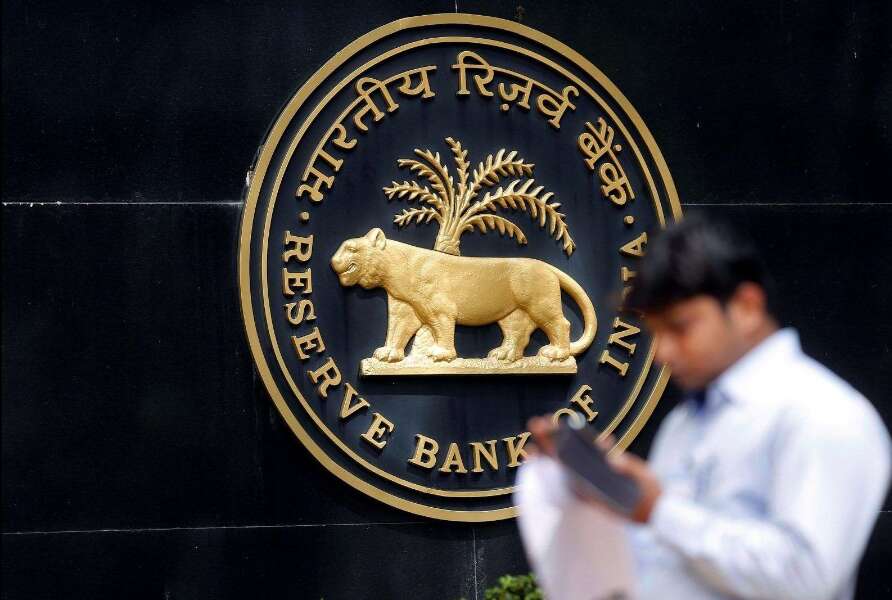Relief in distress
RBI’s measures to augment the dwindling MSME sector could be supplemented with loosening of NPA rules and temporary suspension of IBC

On May 5, 2021, the Reserve Bank of India (RBI) announced a slew of measures to help common men and micro, small, medium enterprises (MSMEs) to recover from the hardships inflicted by the pandemic. Of the measures, the announcement of debt restructuring of loan accounts may greatly benefit MSMEs. Rating agency CRISIL projected that around 3,400 companies, which have taken loan of Rs 50,000 crore from banks, will be eligible for the scheme. The number of companies opting for debt restructuring may, however, remain small as the impact of the pandemic is limited to a few sectors so far.
The agency has also projected that retail, hospitality, vehicle dealerships, tourism and the real estate sector will be most impacted by the pandemic. On the other hand, the pandemic will not have much impact on the chemicals, pharmaceutical, dairy, technology and FMCG sectors due to their stable demand.
Individuals and MSMEs who have taken loans up to Rs 25 crore will be eligible for debt restructuring. They can get their debt restructured for two years. The banks will restructure the loan within 90 days of receiving the application until September 30, 2021. This benefit, however, is meant for loan accounts that were standard till March 31, 2021. The borrowers who have not paid their dues to the bank for 89 days can also take advantage of the scheme. According to the RBI, in the year 2020, individual borrowers and small businessmen who have a debt restructuring facility of less than two years can request to extend their repayment period to two years.
The bankers' problem is that they will have to keep 10 per cent of the loan amount as a reserve for provision requirement, which will not be used for lending. Bankers say it may lead to a capital shortage.
There is a demand to suspend the Insolvency and Bankruptcy Code, 2016 which the Government may accept considering the current situation. The suspension of the IBC process will give companies a chance to correct their financial situation to deal with the pandemic. If the IBC is suspended for the next 3-6 months from April 2021 then big companies will get a big relief. In March 2020, the IBC was suspended until March 2021, to help companies deal with the challenges posed by the lockdown. The functioning of IBC was resumed in April this year, but at present, banks are not showing much interest in carrying companies to NCLT. According to data from the Insolvency and Bankruptcy Board of India (IBBI), the number of insolvency cases stood at 1,717 in December 2020, which is about 12 per cent less than in September 2020.
Small enterprises battling the second wave of the pandemic have urged the Finance Minister to change the classification criteria of non-performing assets (NPAs) and rationalize the import duty on major raw materials such as iron and steel. Industrial organisations demand that classification should be eased in the pandemic which has disrupted the payment cycle of traders. They further say there should be flexibility in banking rules so that positive changes can be made according to the situation. Not making the necessary changes in the NPA rules may adversely affect MSMEs.
Commercial banks have also requested the RBI to make the NPA classification criteria logical for MSMEs. The lockdowns imposed by the states have increased the pressure on the MSMEs. Bankers have requested the RBI to extend the current 90-day period to 180 days to consider loans given to the MSME sector to be NPAs. They are seeking relief for two years or till the situation improves. According to the Basel-3 guidelines, NPA rules can be made easier according to the circumstances.
The RBI will auction Rs 10,000 crore for Small Finance Banks (SFBs) every month under a special long-term repo operation (SLTRO). The first auction will be held on May 17 and then on June 15. The SLTRO will remain intact until October 14 or until the remaining amount is fully utilized. It will be valid for three years. The scheme will help reduce the negative effects of the pandemic, but SFBs will have to ensure that the money borrowed from the RBI is used for the unorganized sector.
RBI recently announced a pandemic package of Rs 50,000 crore aimed at providing funds to vaccine companies, medical device suppliers, hospitals and Covid patients. The emergency healthcare loans will be provided by banks till March 31, 2022, which can be repaid within three years. Banks do not have to maintain a cash reserve ratio or statutory liquidity ratio for these discounted primary sector loans.
Banks can raise money for this at the repo rate. Loans can be given to vaccine manufacturers, importers, suppliers of vaccine, hospitals, dispensaries, pathology labs, oxygen and ventilator manufacturers, importers of Corona drugs, logistics firms and patients for treatment through intermediaries. The RBI said that the lenders can deposit their surplus amount with the RBI at 25 basis points less than the repo rate. This amount will be in proportion to the outstanding of corona loan accounts. At present, banks deposit their surplus amount with the reverse repo rate of 3.35 per cent to the RBI. With this direct assistance of Rs 50,000 crore, a demand of about Rs 80,000 crore is expected to be generated in the health sector, at the same time, also benefiting biochemistry, rubber, plastics and other sectors. `
The government and the RBI have taken some measures to deal with the corona pandemic. In the current perspective, there is a need to loosen the NPA rules and suspend the IBC process for a few months. These are difficult times and there is a need to save both life and livelihood.
Views expressed are personal



